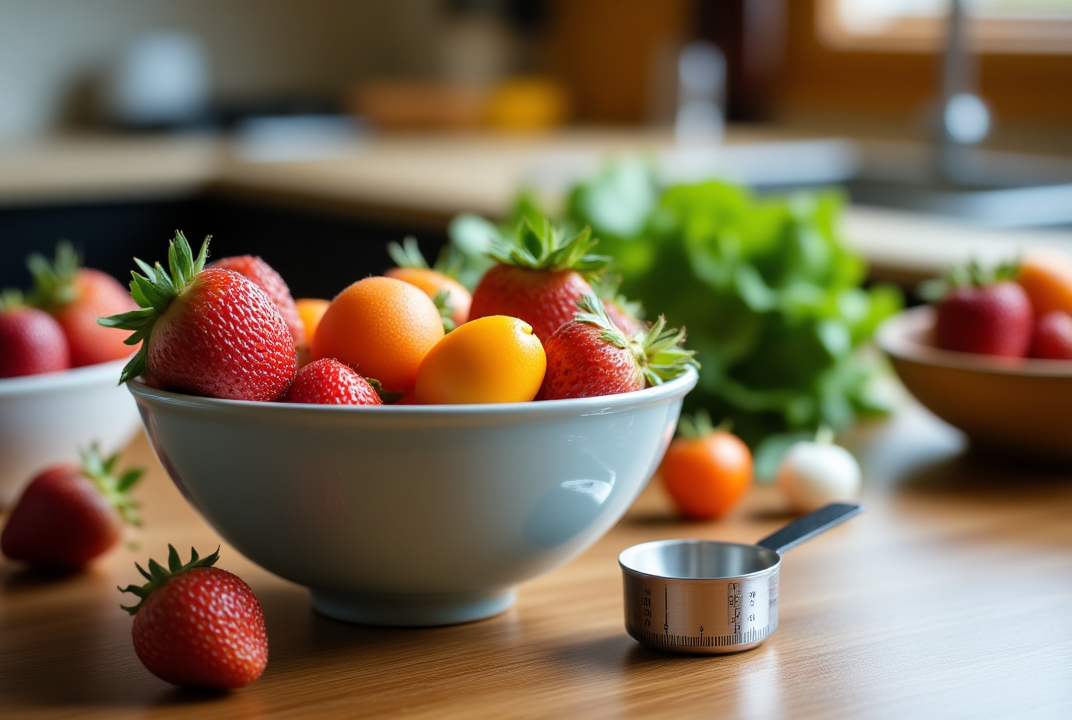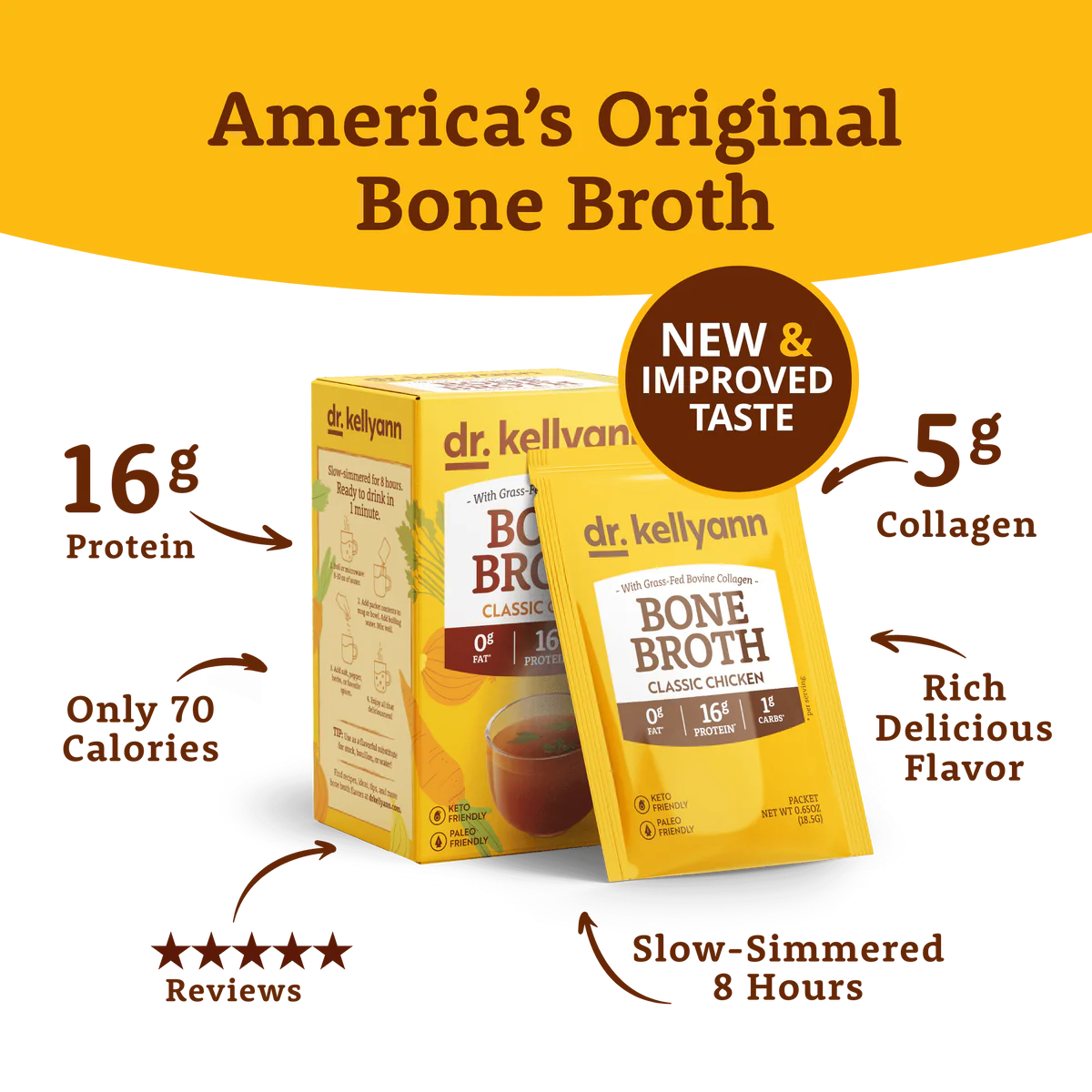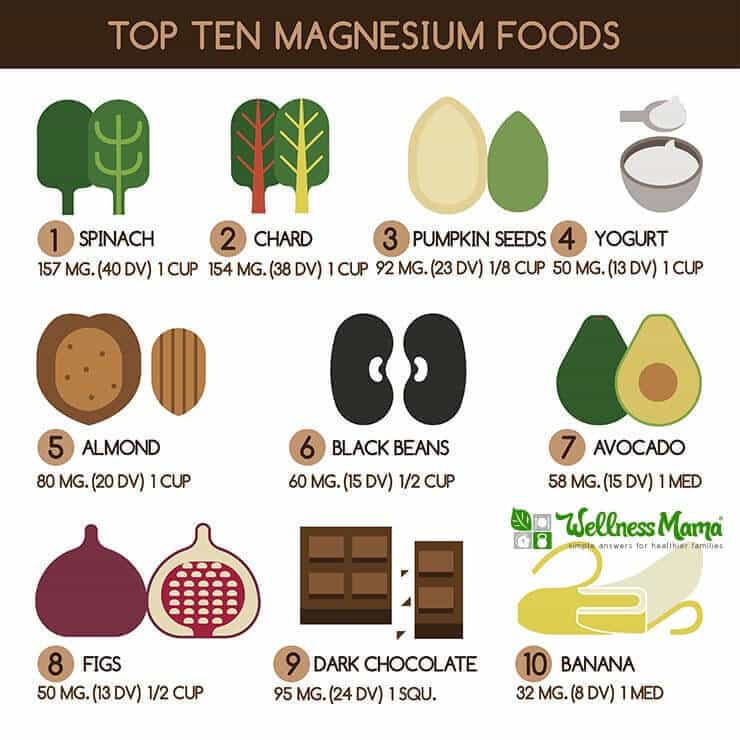
Achieving fat loss isn’t about starving yourself or following the latest diet craze, it’s about understanding which foods truly support your metabolism and help you feel satisfied. Whether you’re hitting the gym a few times a week or simply looking to make healthier choices, knowing what to eat for fat loss can transform your journey. Let’s explore the science-backed foods and strategies that make shedding pounds both effective and enjoyable.
Why Is Fat Loss More About What You Eat Than How Much You Exercise?
While exercise plays an important role in overall health and can support fat loss, what you eat has a far greater impact on your ability to shed body fat. This is because creating a calorie deficit, consuming fewer calories than your body burns, is primarily achieved through dietary choices, not just physical activity. Even intense workouts can only burn a limited number of calories compared to the amount you can easily consume in a single meal or snack. Additionally, the quality of your food affects hunger, metabolism, and how your body stores or burns fat. By focusing on nutrient-dense, satiating foods and mindful eating habits, you can more effectively manage your calorie intake and achieve sustainable fat loss, making nutrition the cornerstone of any successful weight loss strategy.
What Role Does Nutrition Play In Fat Loss?
- Controls Calorie Intake: Nutrition directly determines how many calories you consume, making it the primary factor in creating the calorie deficit needed for fat loss.
- Regulates Hunger and Satiety: The types of foods you eat such as those high in protein, fiber, and healthy fats help control appetite and keep you feeling fuller for longer, reducing the urge to overeat.
- Supports Metabolism: Proper nutrition provides essential vitamins, minerals, and macronutrients that keep your metabolism functioning efficiently, helping your body burn fat more effectively.
- Preserves Muscle Mass: Consuming enough protein and balanced nutrients helps maintain lean muscle during weight loss, which is crucial for a healthy metabolism and a toned appearance.
- Influences Hormones: The quality of your diet impacts hormones related to fat storage, hunger, and energy, such as insulin and leptin, making nutrition a key player in long-term fat loss success.
What To Eat For Fat Loss: Foods That Help Shed Weight
1. Lean Proteins
Lean proteins like chicken breast, turkey, fish, tofu, and Greek yogurt are essential for fat loss because they help build and preserve muscle while keeping you full. High-protein foods require more energy to digest and metabolize, which means your body burns more calories processing them. Including protein in every meal can also reduce cravings and prevent overeating.
2. Leafy Greens
Leafy greens such as spinach, kale, arugula, and romaine lettuce are low in calories but high in fiber, vitamins, and minerals. Their high water and fiber content help you feel full on fewer calories, making them perfect for fat loss. They also provide antioxidants that support overall health and recovery.
3. Whole Eggs
Whole eggs are a nutrient powerhouse, offering high-quality protein and healthy fats that promote satiety. Studies show that eating eggs for breakfast can reduce calorie intake later in the day. They’re also rich in essential nutrients like choline, which supports metabolism.
4. Cruciferous Vegetables
Vegetables like broccoli, cauliflower, Brussels sprouts, and cabbage are packed with fiber and nutrients. Their high fiber content helps regulate digestion and keeps you feeling satisfied, while their low calorie count makes them ideal for weight loss meals.
5. Berries
Berries such as strawberries, blueberries, raspberries, and blackberries are low in calories and high in antioxidants and fiber. Their natural sweetness can satisfy sugar cravings, and their fiber content helps control blood sugar and hunger levels.
6. Whole Grains
Whole grains like quinoa, brown rice, oats, and barley provide sustained energy and keep you full thanks to their fiber and protein content. Unlike refined grains, whole grains digest slowly, helping to stabilize blood sugar and prevent energy crashes that can lead to overeating.
7. Legumes
Beans, lentils, chickpeas, and other legumes are excellent sources of plant-based protein and fiber. They help regulate appetite, support digestive health, and provide long-lasting energy, making them a smart addition to any fat loss diet.
8. Healthy Fats
Incorporating healthy fats from sources like avocados, nuts, seeds, and olive oil can actually support fat loss by promoting satiety and reducing unhealthy cravings. These fats are also important for hormone regulation and overall well-being.
9. Bone Broth
Bone broth is a nutrient-rich, low-calorie option that can support fat loss by promoting satiety and hydration. Packed with collagen, amino acids, and minerals, bone broth helps support joint health, digestion, and muscle recovery. Sipping on bone broth between meals can curb hunger, making it easier to stick to your calorie goals while nourishing your body with essential nutrients.
10. Green Tea
Green tea is well-known for its metabolism-boosting properties, thanks to its natural caffeine and antioxidants called catechins. Drinking green tea regularly can help increase fat burning and support your overall weight loss efforts, making it a simple and effective addition to your daily routine.
What’s The Difference Between Fat Loss And Weight Loss?
Fat loss and weight loss are often used interchangeably, but they refer to different outcomes. Weight loss simply means a reduction in your overall body weight, which can come from losing fat, muscle, or even water. Fat loss, on the other hand, specifically targets the reduction of body fat while preserving lean muscle mass. This distinction is important because losing muscle can slow your metabolism and make it harder to maintain results, whereas focusing on fat loss leads to a healthier body composition, better performance, and a more toned appearance. In essence, fat loss is the goal for those seeking lasting, healthy changes, while weight loss alone doesn’t always reflect true progress.
What Are the Best Protein Sources for Fat Loss?
The best protein sources for fat loss are those that are high in protein, low in unhealthy fats, and rich in essential nutrients. Lean meats like chicken breast, turkey, and fish provide high-quality protein with minimal calories, while plant-based options such as tofu, tempeh, and lentils offer fiber and important micronutrients. Eggs and low-fat dairy products like Greek yogurt and cottage cheese are also excellent choices, as they help keep you full and support muscle maintenance. Incorporating a variety of these protein sources into your meals not only boosts satiety and preserves lean muscle during weight loss, but also supports overall health and makes your diet more enjoyable and sustainable.
Are All Carbs Bad For Fat Loss?
Not all carbs are bad for fat loss—in fact, many carbohydrate-rich foods can support your goals when chosen wisely. Whole, unprocessed carbs like fruits, vegetables, legumes, and whole grains provide essential nutrients, fiber, and energy that help regulate appetite, support metabolism, and fuel your workouts. The key is to focus on these nutrient-dense sources rather than refined carbs like white bread, pastries, and sugary snacks, which can spike blood sugar and lead to increased hunger. By including the right kinds of carbs in balanced portions, you can enjoy sustained energy, better digestion, and improved fat loss results.
Which Foods Help You Feel Full Without Overeating?
|
Food Type |
Examples |
Why It Helps You Feel Full |
Key Nutrients/Fiber Content |
How to Include in Your Diet |
|
Lean Proteins |
Chicken breast, fish, tofu, Greek yogurt |
Protein takes longer to digest, increases satiety hormones, and helps preserve muscle mass |
High in protein, moderate in calories |
Add to salads, stir-fries, or as main dish |
|
High-Fiber Vegetables |
Broccoli, spinach, carrots, bell peppers |
Fiber adds bulk, slows digestion, and keeps you full longer |
High in fiber, vitamins, minerals |
Fill half your plate with veggies at meals |
|
Whole Grains |
Oats, quinoa, brown rice, barley |
Slow-digesting carbs and fiber stabilize blood sugar and prolong fullness |
Fiber, complex carbs, B vitamins |
Use as a base for bowls or side dishes |
|
Legumes |
Lentils, black beans, chickpeas |
Protein and fiber combo promotes satiety and steady energy |
High in protein and fiber |
Add to soups, salads, or make veggie burgers |
|
Eggs |
Whole eggs |
High-quality protein and healthy fats keep you satisfied |
Protein, healthy fats, choline |
Enjoy boiled, scrambled, or in omelets |
|
Berries |
Blueberries, raspberries, strawberries |
Fiber and water content fill you up with few calories |
Fiber, antioxidants, vitamin C |
Add to yogurt, oatmeal, or eat as a snack |
|
Greek Yogurt |
Plain, unsweetened Greek yogurt |
Thick texture and high protein content increase satiety |
Protein, calcium, probiotics |
Use as a snack, breakfast, or smoothie base |
|
Healthy Fats |
Avocado, nuts, seeds, olive oil |
Fats slow digestion and help regulate hunger hormones |
Healthy fats, vitamin E, fiber |
Add to salads, toast, or as a topping |
|
Bone Broth |
Homemade or store-bought bone broth |
Warm liquid promotes satiety and hydration, contains protein and collagen |
Collagen, amino acids, minerals |
Sip between meals or use as soup base |
|
Cottage Cheese |
Low-fat or full-fat cottage cheese |
High protein and creamy texture help curb hunger |
Protein, calcium, B vitamins |
Eat as a snack or add to fruit and salads |
Common Mistakes To Avoid When Choosing Foods For Fat Loss
- Relying on “Diet” or Processed Foods: Many low-calorie or “diet” products are highly processed and packed with artificial ingredients, added sugars, or unhealthy fats that can sabotage your fat loss efforts and leave you feeling unsatisfied.
- Skipping Meals or Severely Restricting Calories: Drastically cutting calories or skipping meals can slow your metabolism, increase cravings, and make it harder to stick to your plan, often leading to overeating later.
- Neglecting Protein Intake: Not getting enough protein can result in muscle loss, reduced satiety, and a slower metabolism, making it more difficult to lose fat and maintain your results.
- Ignoring Portion Sizes: Even healthy foods can contribute to weight gain if eaten in large quantities. Overeating nuts, oils, or whole grains can easily push you out of a calorie deficit.
- Falling for Nutrition Myths: Believing that all carbs are bad, fat-free means healthy, or that certain “superfoods” alone will melt fat can distract you from the balanced, evidence-based approach that truly works for sustainable fat loss.
Conclusion
Achieving sustainable fat loss isn’t about extreme diets or depriving yourself—it’s about making informed, balanced choices that nourish your body and support your goals. By focusing on nutrient-dense foods like lean proteins, whole grains, healthy fats, and plenty of fruits and vegetables, you can create satisfying meals that help you shed fat while maintaining energy and muscle. Remember, consistency and mindful eating are key; small, positive changes add up over time. Embrace a flexible, evidence-based approach, and you’ll not only see results but also enjoy the process of becoming healthier, stronger, and more confident in your everyday life.
Final Thoughts
Are you searching for easy ways to enhance your fat loss results and rejuvenate your skin? Check out Dr. Kellyann’s best sellers, including delicious chicken, beef, and french onion bone broths that support gut and skin health. For a daily boost against signs of aging, try Collagen Peptides, or indulge in chocolate and vanilla shakes from Dr. Kellyann’s collection. Explore all the nourishing options at Dr. Kellyann’s.
Soures
- https://novamedicalgroup.net/healthy-nutrition
- https://www.healthline.com/nutrition/weight-loss-vs-fat-loss
- https://www.medicalnewstoday.com/articles/321522






